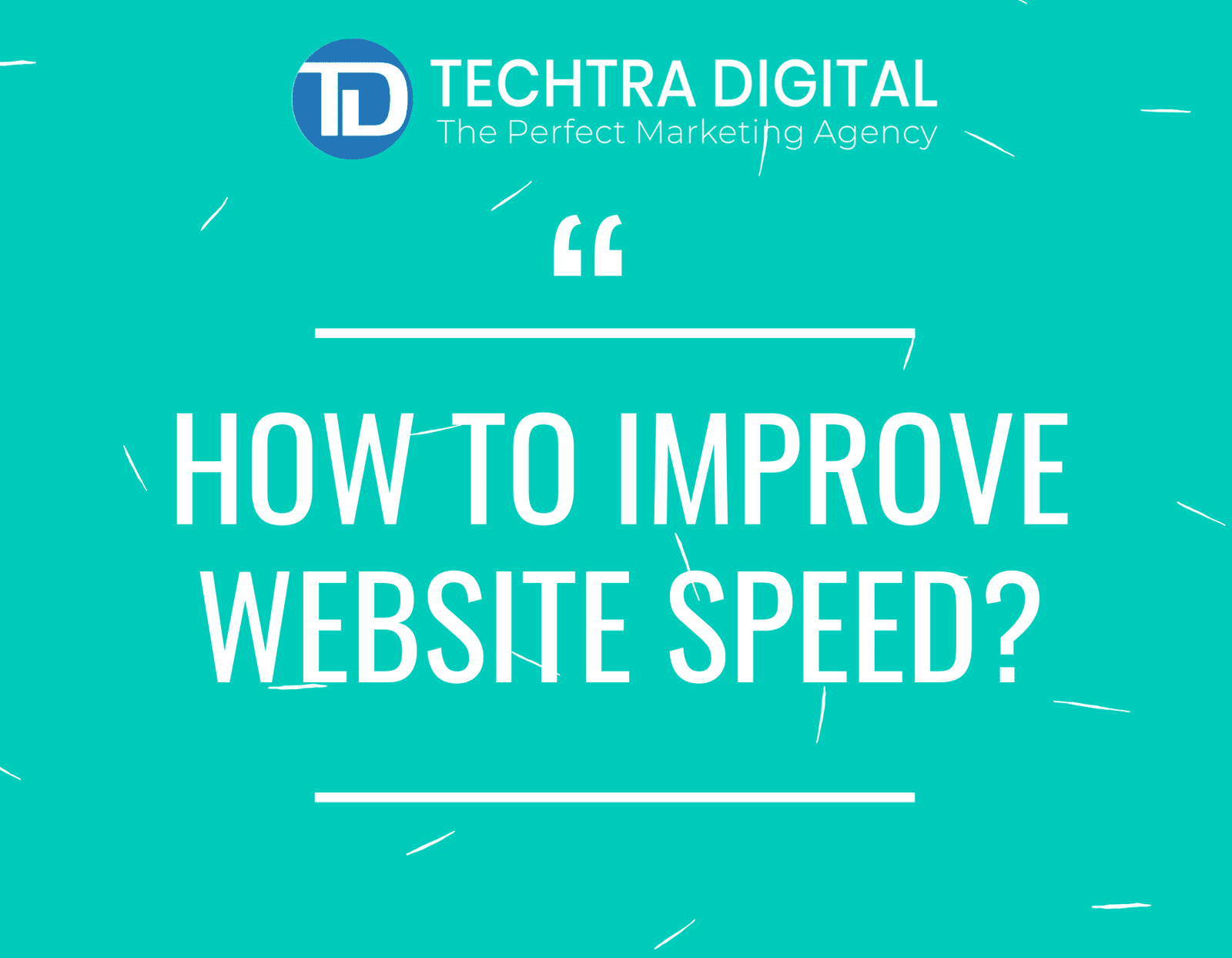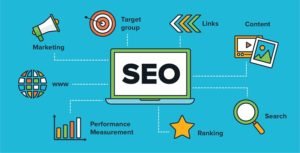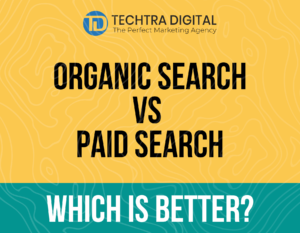Not Getting Desired Results From Your Website?
Ever wondered if you are using enough tactics to drive organic as well as paid traffic yet your conversion rates are not great? This happens a lot. Despite getting a lot of traffic to your websites your revenue-boosting does not give a good picture. Even if your content is high quality and all possible measures are taken, there is one loophole that can get all your money and effort go in drain. The reason is poor loading web speed. This is a very annoying thing that often irritates the visitor. It urges him to move back and exit your web page. No matter how informative your content may be, poor web speed leads to visitors not even having a single look at the content or product hence, shattering the conversions.
Statistically, it is being observed that nearly 7 percent of conversions drop occurs with every 100-second delay load agony. Furthermore, it restricts users from coming back again and again to your website as it found that nearly 79 percent of shoppers don’t go back to the website that has poor page loading time.
Website Speed & SEO: How Page Speed Affects SEO?
Web page speed impacts SEO to a greater extent. Google has specified that web page speed is one of the criteria for ranking the websites for search results taking google algorithms into account. Furthermore, lower the speed of your website, less will be the indexation by google crawlers because of their budget. This can lead to negative indexation of your website. When your site shows a lower bounce rate it ranks high in SEO as it reflects the fact that your site is delivering user-friendly and relevant information which makes the visitors engaged for a longer period on your website.
With a poor web page, you lose the audience patience to scroll through every page of your website. Hence reflecting a high bounce rate and ultimately poor SEO rank. When we think on our behalf only no one likes to get stuck on a page and wait for it to open it is highly annoying and does not pool in good customer experience. Furthermore, this can be concluded that your brand visibility is adversely hit by poor loading speed.
Factors Affecting Page Speed & Why is Page Speed Important?
Various factors lead to slower page speed like slow host, bulky images, apps, plugins, sites theme, javascript, etc when DOM looks for additional resources in your server. Furthermore, a web page speed of even 1.3 seconds is far superior as the optimum time for website loading is regarded as 3 seconds, the majority of websites load at around 8.67 seconds which is annoying and is, unfortunately, more adverse in mobile versions.
Hence, being able to have even 1.3 seconds or near will give you an edge over your competitors and will make you render a quality experience to your audience. Certainly, if your website does not render a good speed you need to opt for speed optimization. Web page speed can be measured using various tools such as GT Metrix, google page speed insights, key CDN website speed test, etc. After ensuring your speed if you found it not good enough opt for speed optimization.
Ways To Increase Your Website Speed
1. Reducing the https requests
Https requests are made for almost every element of your website be it images or written content. Hence, minimizing them proves greater help for reducing web speed. You can modify or minimize the content.
Minimizing and combining the files will help you to reduce their total number as well as size. It majorly involves getting rid of unnecessary white pages, line gaps, codes, etc. By doing so you can speed up your website. For this, today Gzip is often used. It is a file format software that helps in locating identical codes in your text file and makes them smaller.
2. CSS and JavaScript
When your website is found running these in multiple numbers just combine them. Both these work in two ways either synchronously or asynchronously. Synchronous one works from top to bottom when your website loads and hence speed your web pages up. Opting for this one will be of greater help.
3. Keep JavaScript to load at last
It is called deferring that is you enable other files to load first so that JavaScript which is a larger file and takes much more time to load can be kept for last and hence will make a user feel that the page is loading early.
4. Use the right server host
It is highly recommended to have a server of your own as it provides more space though it can initially cause a lot of technical setup and configuration inputs still opting it is a better idea as it will make you control much better. It saves you from sharing RAM, disks, etc with other sites on the server and hence helps in minimizing your speed. You should prefer a dedicated server over VPS hosting and shared hosting.
5. Introduce caching
For revisits, this works best. Providing a cached version of your site on the browser of the user will ensure faster loading of the website when the user revisits your website and hence will make his experience better with every visit.
6. Use a content delivery network or CDN
This can help physically away users of your website. This helps connect or cache your website on a global server network. Hence, if a request is initiated on another browser for your site’s content the browser can lead it to the nearest server, decreasing loading time.
According to Gary alleles (google webmaster trend analysts ) “tweaking your server and content must be your priority”. Hence, if you are not sure enough how to make your website achieve the above goals, visit the experts and knock on the door of Techtra Digital. We use the best and latest technologies with our dexterous professionals. Our websites are best and have minimum loading speed. For best speed optimization opt for the best firm.




